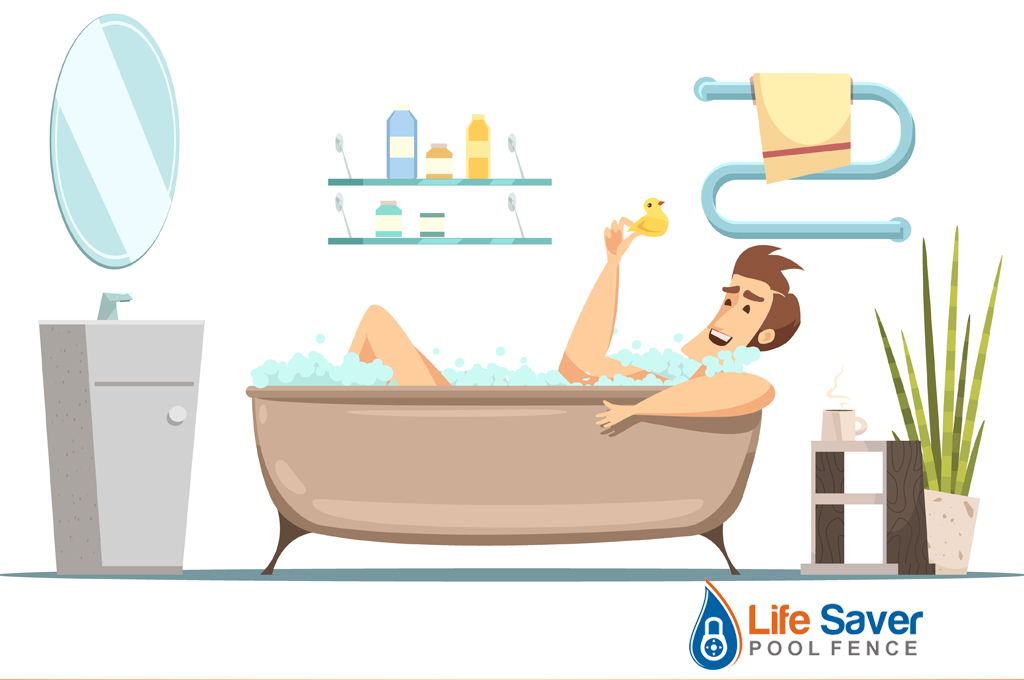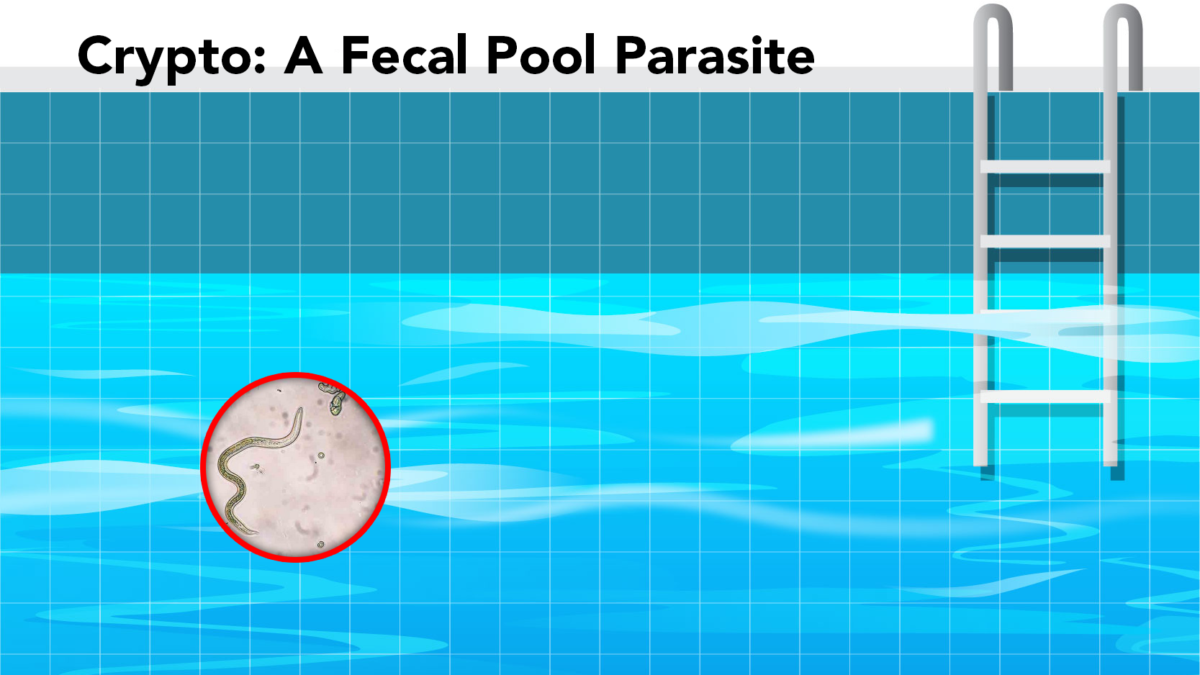
Don’t Bathe in a Swimming Pool
June 22, 2019
How To Keep Your Kids Safe Around The Swimming Pool?
September 20, 2019Earlier, we’ve discussed the potential risk of swimming in contaminated public pools and open water bodies. As the CDC has issued a warning to take this risk even more seriously, here’s everything you must know about Crypto, its symptoms, how you get it, and how to prevent this disease from ruining your summer fun.
What is Crypto?
Cryptosporidiosis or crypto is a diarrheal disease that is caused by microscopic parasites Cryptosporidium. The crypto can be found in water, food, soil, or any surface contaminated with the feces of humans or animals infected with the parasite. The crypto fecal is most commonly found in swimming pools.
Symptoms of Cryptosporidiosis
The first signs and symptoms of Cryptosporidiosis usually appear within a week after infection and can last for up to two weeks. Some of the symptoms of cryptosporidiosis are:
- Watery diarrhea
- Dehydration
- Weight loss
- Fever
- Nausea
- Vomiting
- Lack of appetite
- Stomach cramps or pain
The symptoms may come and go intermittently for up to a month, even in people with healthy immune systems. However, some people with cryptosporidium infection may have no symptoms.
Causes of Cryptosporidiosis
You can get cryptosporidia infection by touching anything that has come in contact with contaminated feces. Some of the common ways through which you can get infected are:
- Eating uncooked, contaminated food that contains cryptosporidia parasites
- Drinking water contaminated with cryptosporidium parasites
- Swimming and swallowing contaminated water that contains cryptosporidium parasites
- Touching your contaminated hand to your mouth, post touching a contaminated surface or object
- A close contact with other infected people or animals — especially their feces — which can allow the parasite to be transmitted from your hands to your mouth
People with HIV/AIDS can develop severe symptoms.
Tips To Prevent Cryptosporidiosis From Spreading
You can keep Crypto at bay by following these simple steps:
- Wash your hands often – Wash your hands with soap and water for at least 20 seconds after changing your kids’ diaper, using the toilet, and before and after eating. Avoid alcohol-based hand sanitizers as they’re not much effective in killing this parasite.
- Bathe before swimming – According to a survey by Water Quality and Health (WQH), “48% of people do not shower before swimming.” Half of Americans use the swimming pool as a communal bathtub. Make sure that you don’t bathe in a swimming pool to prevent Cryptosporidiosis.
- Don’t swim when you’re sick – The same study by WQH showed that 24% of people admitted that they would jump into the pool within an hour of having diarrhea. According to the CDC, a swimmer (sick with diarrhea) should not enter the pool at all.
- Avoid touching farm animals – If you touch a farm animal, wash your hands properly before cooking or putting anything in your mouth. Make sure not to touch stool of any animal barehanded. You can wear disposable gloves before touching the stool. Wash off your hands after taking off the gloves.
People who are diagnosed with Crypto should avoid swimming for at least two weeks to avoid spreading the infection.
By following these tips, you can help ensure a clean and safe swim for everyone in the pool.
How Do You Avoid Getting Crypto?
Now as we know the steps to prevent the risk of Crypto infection, let’s know how you to avoid getting it in the first place? Take these steps to avoid the risk of getting Crypto:
- Don’t swallow the water – This one is pretty self-explanatory. Ingesting the contaminated water can infect you with parasites.
- Educate yourself. If you’re planning to visit any public pool, don’t forget to check its health grade. This will help you know the condition of the water you’re about to swim in. Drop your plan of swimming if health grade level of pool water is not satisfactory.
- Be extra cautious if you are pregnant or have a weak immunity system.
What Happens if You Do Get Crypto?
Crypto is treatable but not curable yet. Consult with your doctor if you think you have Crypto or just have diarrhea. Your doctor may recommend you paromomycin to reduce the symptoms of crypto. Otherwise, cryptosporidiosis will resolve on its own after completing its cycle. However, if you’re pregnant or have weak immunity, consult with your doctor immediately to avoid any health issues. In the meantime, it is best to stay hydrated – drink plenty of fluids and avoid anything that can make you dehydrated, like alcohol and caffeine. You can also take oral rehydration powders and sports-ade drinks to help prevent dehydration.




